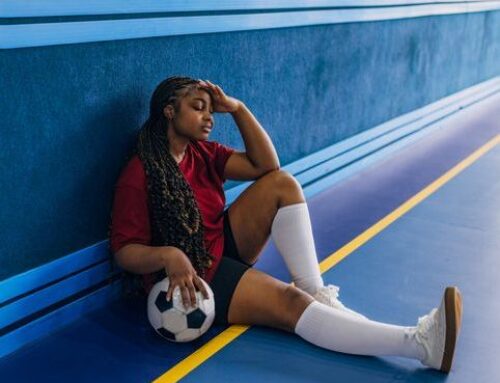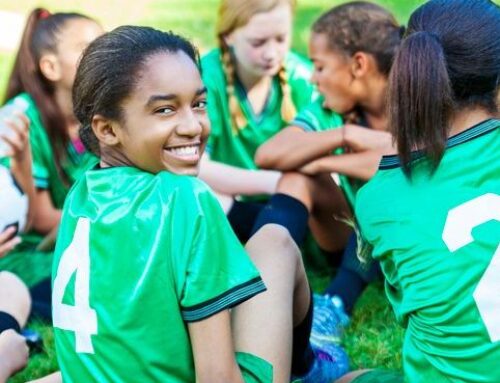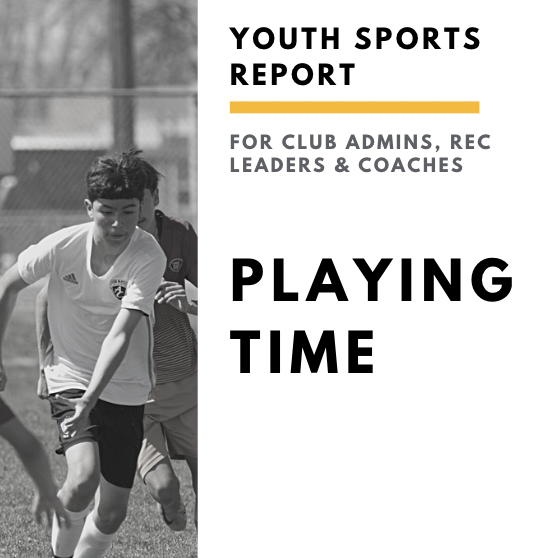Get our exclusive report. Download the iSport360 Club Switching Report Here – For Club Admins, Rec Leaders and Coaches.
Don’t Bubble Wrap Your Athletes
Bubble wrap is designed to protect fragile goods, cushioning them from bumps and breaks. Parenting—especially in youth sports—can take on a different meaning: shielding kids from challenges, solving their problems, and preventing them from experiencing adversity. While it may come from a place of love, overprotection can hinder an athlete’s growth, resilience, and ability to navigate obstacles independently.
Are You Bubble Wrapping Your Athlete?
If you answer “yes” to any of these questions, you might be unintentionally shielding your child from valuable learning experiences:
- Do you intervene when they face issues with their sports team?
- Do you reach out to their coach to influence their role or playing time?
- Do you frequently complain about the club, team, or coach to others?
- Do you compare your athlete’s performance to that of their teammates?
The Consequences of Overprotecting Young Athletes
Shielding kids from struggles may feel like good parenting, but it can have long-term negative effects:
- Lack of Resilience: If they never experience setbacks—such as not making the A team—they won’t learn how to cope with disappointment and bounce back stronger.
- Poor Problem-Solving Skills: Overprotected athletes may struggle to navigate challenges independently, making them reliant on parents to fix every issue.
- Inability to Handle Adversity: Sports teach invaluable life lessons, including perseverance, discipline, and the ability to work through tough situations. If they never face hardship, they miss out on these crucial growth opportunities.
- Emotional Fragility: Without exposure to tough moments, young athletes may develop an inability to handle pressure, criticism, or failure—important aspects of both sports and life.
How to Support Without Overprotecting
Instead of removing obstacles, equip your athlete with the tools they need to handle challenges on their own. Here’s how:
- Encourage Ownership: Let your child communicate with their coach about playing time, position, or concerns.
- Teach Resilience: Normalize setbacks as part of growth. Instead of stepping in, help them reflect on what they can do differently next time.
- Model a Growth Mindset: Praise effort, attitude, and perseverance rather than just outcomes.
- Foster Independence: Support their problem-solving by asking guiding questions rather than providing solutions.
- Be Their Cheerleader, Not Their Fixer: Your role is to support, encourage, and guide—not to remove every challenge from their path.
Youth sports offer some of life’s greatest lessons, but only if athletes are allowed to experience both success and struggle. By stepping back and letting them navigate the highs and lows, you’re helping them build resilience, confidence, and the skills they need to succeed—not just in sports, but in life.
iSport360 is the only app that does it all for youth sports. For more information on what we do, click here.
About the author:
Amy Masters is a sports mom, coach, and club administrator. She has been coaching youth sports for more than 10 years. She started Jr Lions Field Hockey, the youth recreation program for the Hunterdon County community growing it from 40 players in year 1 to 150 players by year 3. A few years later, she saw the love and competitiveness grow then started Omega Field Hockey Club serving NJ and PA players. Before coaching, she was a collegiate field hockey player for Lock Haven University. In her spare time (lol), she is head of marketing for iSport360 and the co-editor of the Youth Sports Survival Guide. The Youth Sports Survival Guide is the largest youth sports newsletter in the world.
Learn more or request a demo of our youth sports software that is helping teams improve communication, organization and player development.
April 24, 2025





